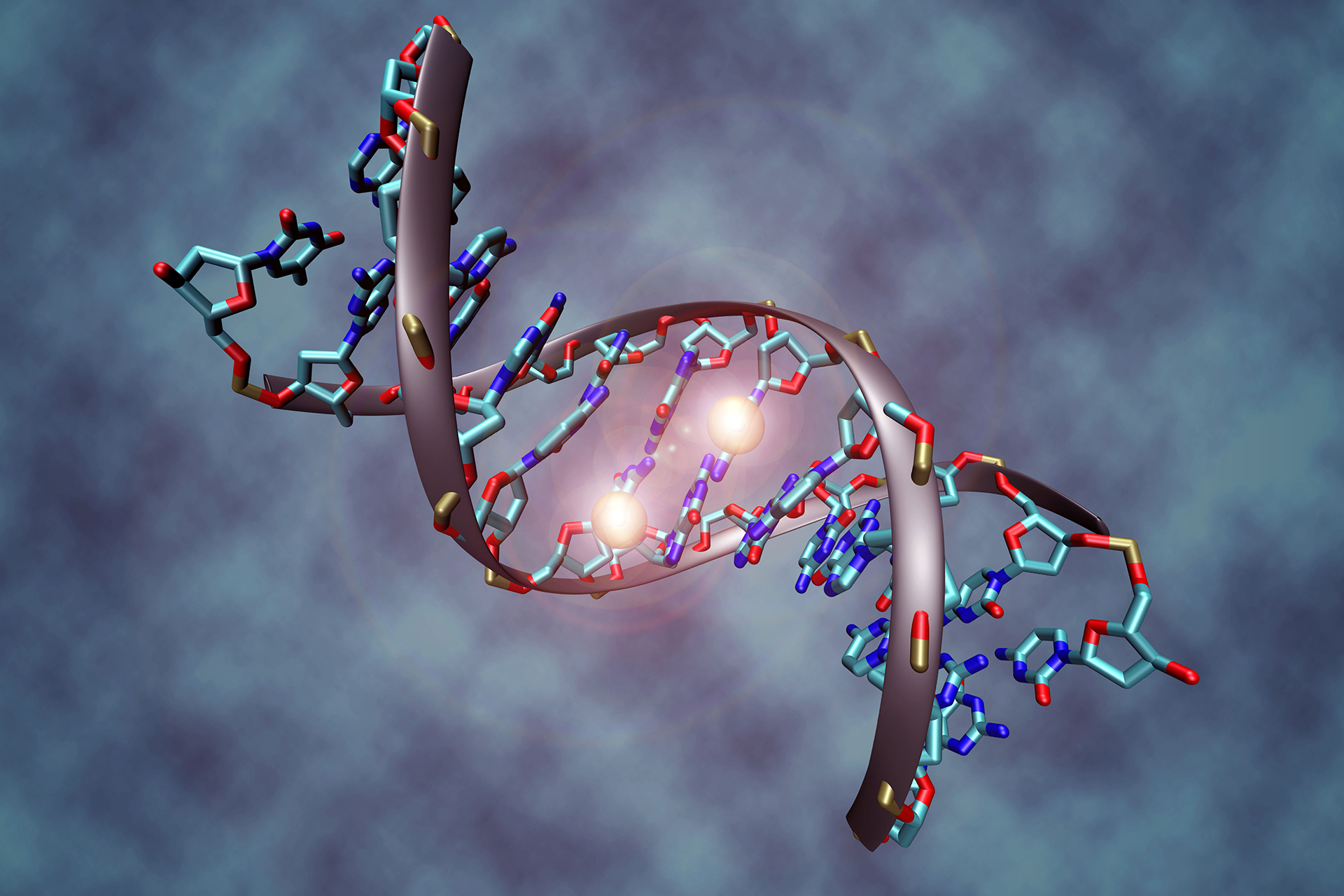A novel body clock has been developed which can predict our brain's age and how prone we are to dementia.
Understanding this biological clock will help scientists explain the mechanisms of ageing and how diseases, such as dementia, develop. Age-related disorders, including Alzheimer's disease, may affect people of relatively young chronological age if their brains biologically age faster.
Gemma Shireby, first author of the research published in Brain, said 'Our new epigenetic body clock dramatically outperformed previous models in predicting biological age in the human brain.' Until now, various models of biological ageing used blood or muscle samples and therefore did not accurately identify brain ageing phenotypes specifically. Shireby added, 'using brain tissue ensures the epigenetic clock is properly calibrated to investigate dementia'.
The research team at the University of Exeter used a supervised machine learning method to analyse 1397 healthy human cortex samples, ranging from age one to 108. After validating their model in independent cohorts of over 2000 human brain and blood samples altogether, the scientists identified a set of 347 methylation sites that can accurately predict brain age. The group found that previous associations between DNA methylation age and disease phenotype may be inaccurate.
Our brains age at different rates, such that their biological age may differ from chronological age; biological age being how old our cells and tissues seem, and chronological age being the number of years we have been alive. This is due to epigenetic changes, such as DNA methylation, that occur throughout our lifetimes - effectively switching genes on or off in specific tissues.
Professor Jonathan Mill, who led the team, said 'Our new clock will help us explore accelerated ageing in the human brain… We can apply it to donated brain tissue to help us learn more about the factors involved in brain diseases such as dementia.'
The research team are now investigating Alzheimer's disease brain tissue with their model and predict that these samples will age at an accelerated rate. Greater understanding of Alzheimer's disease and related dementias will vastly improve the possibility of developing effective treatments.
Sources and References
-
New 'epigenetic' clock provides insight into how the human brain ages
-
Epigenetic clock could shed light on how swiftly people's brains age and how prone they are to diseases like Alzheimer's, scientists claim
-
Epigenetic clock developed to help study brain ageing and dementia
-
Recalibrating the epigenetic clock: implications for assessing biological age in the human cortex
-
Epigenetic clock helps study accelerated ageing in the human brain
-
Epigenetic clock can predict the human brain's biological age






Leave a Reply
You must be logged in to post a comment.